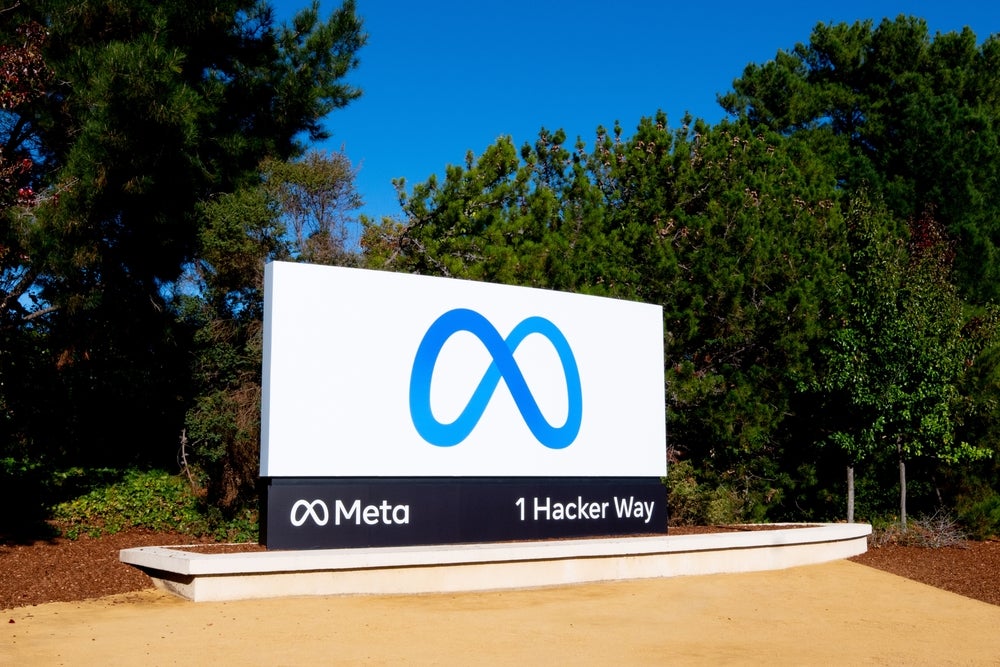
The European Commission has claimed Meta failed to tackle disinformation and deceptive advertising on Facebook and Instragram and, today (30 May), announced a major investigation into the company’s compliance with Europe’s Digital Services Act (DSA).
The investigation comes amid concerns over disinformation in the lead-up to the European elections vote in June.
The European Commission has raised concerns about misinformation originating from Russia, China, and Iran, as well as political parties in the EU trying to attract voters with deceptive advertising.
In a statement on Tuesday, EU digital chief Margrethe Vestager said: “We suspect that Meta’s moderation is insufficient, that it lacks transparency of advertisements and content moderation procedures.
“So today, we have opened proceedings against Meta to assess their compliance with the DSA.”
The DSA, which came into effect last year, holds Big Tech accountable for illegal and harmful content on its platforms and requires companies to do more to combat it.
How well do you really know your competitors?
Access the most comprehensive Company Profiles on the market, powered by GlobalData. Save hours of research. Gain competitive edge.

Thank you!
Your download email will arrive shortly
Not ready to buy yet? Download a free sample
We are confident about the unique quality of our Company Profiles. However, we want you to make the most beneficial decision for your business, so we offer a free sample that you can download by submitting the below form
By GlobalDataIf found to be non-compliant, companies including Meta can face fines of as much as six percent of global revenues.
The EU investigation into Meta will focus on a Russia-based influence operation network which clones trustworthy media publications, according to Reuters, citing people familiar with the matter.
Meta exposed the operation in 2022. At the time, the company said it had blocked thousands of links connected to it.
The Commission also highlighted Meta’s phasing out of disinformation tracker CrowdTangle without announcing a replacement.
A Meta spokesperson defended its moderation practices and claimed the company had a “well-established process for identifying and mitigating risks on our platforms.”
“We look forward to continuing our cooperation with the European Commission and providing them with further details of this work,” the spokesperson added.
The EU has given Meta five working days to return with remedial actions on the concerns raised.







